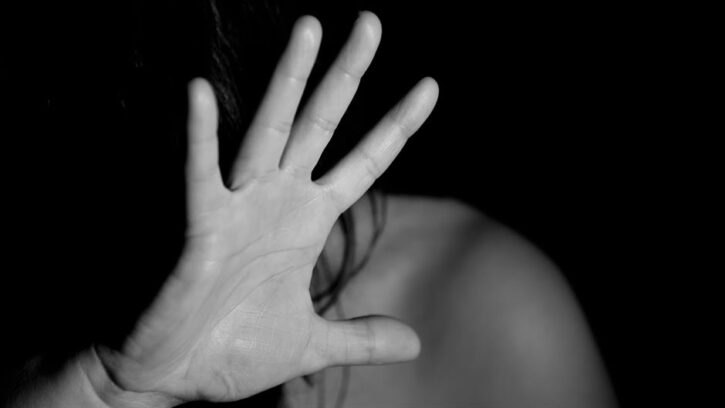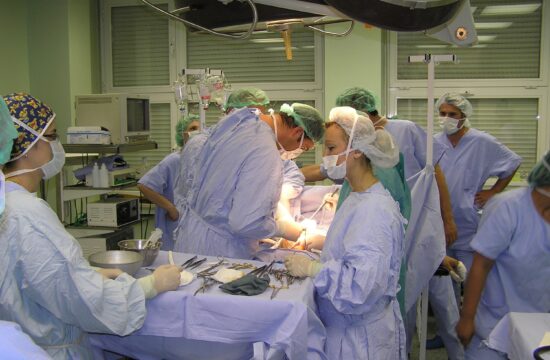
The OSCE Mission in Bosnia urged authorities at all levels of government in the country to protect women and children from domestic violence as many of them are increasingly exposed to it during the coronavirus lockdown.
“Lockdown and self-isolation during the COVID-19 pandemic heighten the risk of gender-based violence. Women and children are the most susceptible to abuse and need increased protection in times like these and authorities are urged to ensure that they are kept safe from abusers,” a statement from the Organization for Security and Cooperation in Europe, OSCE, said on Monday.
A survey the organization conducted showed that almost one in two women survived some form of abuse including intimate partner violence since the age of 15.
According to the ‘Survey on Well Being and Safety of Women in BiH’, 64% of women in BIH can be considered as affected by the 1992-95 war, as the “indicated prevalence of current partner violence is higher among those women whose current partner fought in a conflict than those whose partner did not.”
The OSCE Mission said that it finds this data “worrying” in light of the current situation and has started monitoring the situation and collecting data on how responses to the COVID-19 pandemic influence gender equality, including gender-based violence.
“The Mission urges all relevant institutions to respond swiftly and efficiently to cases of domestic violence abiding by the rule of law at all times,” the statement said, suggesting information campaigns to be organized which would notify the public that women’s shelters remain open during the coronavirus lockdown.
Authorities should also provide new channels for women to report violence and law enforcement and prosecution should continue with their practice of affording victims’ access to emergency protection orders, especially during emergencies, the statement said.
“The right of women and children to live free of violence at all times is essential,” said Kathleen Kavalec, Head of the OSCE Mission to BiH. “This is particularly required in times of families finding themselves in self-isolation.”
She urged authorities to take swift actions to address the needs of the victims and undertake measures to provide adequate protection for them.
“We call for relevant authorities to address this problem in their public messaging, recognize that violence affects those who are heavily impacted by imposed measures such as elderly and children. They should be able to seek for help, and even be encouraged to seek for help,” Kavalec said.
She stressed the importance of victims having access to information relevant to prevention and fighting the violence against women and children such as the online service: stopvawnow.org.
“The state of emergency is not an excuse for violence. We encourage men and boys to say ‘No’ to violence and keep themselves, their family and their community healthy and protected,” Kavalec said.
Elmaja Bavcic, Gender and Youth National Programme Officer at the OSCE Mission to BiH, said that people under risk of domestic violence will have an even harder time being locked in a place that is not safe for them, especially without social contact. Those are the ones that need to be protected.
“We all bear responsibility to prevent and protect those under risk of violence. We call all relevant institutions to review their messaging and ensure victims are able and encouraged to seek protection even during curfews,” Bavcic said.
Bosnia and Herzegovina has two active SOS lines that are free of charge – 1265 for FBiH and 1264 for RS, and experts answering those hotlines can offer first instance psychological and social support.
Violent acts should be reported to the police at 122.




